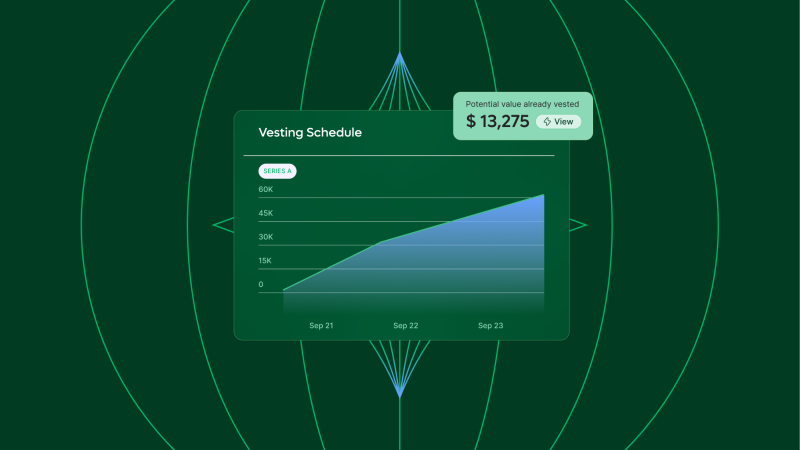Definition
Reasons
Legal requirements
Holiday pay
What are paid holidays?
Paid holidays are public holidays for which an employee receives wages despite not working.
Depending on the country where they are located, employers are either required or may choose to pay their employees for these non-working holidays. In some locations, paid holidays (and other paid time off, or PTO) are among the employee benefits an employer can choose to offer their workforce. Other countries require employers to pay their employees for a certain number of public holidays without requiring them to work.
Why do employers offer paid holidays?
Many countries require paid holidays by law. In countries where legislation does not mandate paid time off (such as the US), many employers nonetheless choose to give their employees certain paid holidays as a perk.
Offering paid time off, which includes paid public holidays, has several advantages for both employers and employees.
Fewer unscheduled days off
Providing paid time off can reduce employee absenteeism.
Employees generally want to spend holidays with their families, friends, and loved ones. Employees may be more likely to "call out" if their employer expects them to work on a traditionally family-oriented holiday.
Better work-life balance
Employers who offer paid time off tend to promote a healthier work-life balance, which employees value highly. A healthy work-life balance can improve an employee's physical, mental, and emotional health as well as their overall well-being.
Improved employee performance
Employees who are allowed to take paid time off are more focused, motivated, productive, satisfied, and engaged. Because of the overlap between employee engagement and employee retention, providing paid holidays and other PTO can have a positive effect on an organisation's employee turnover rate.
Less potential for employee burnout
Offering paid time off reduces the potential for employee burnout. By providing paid holidays, employers can give employees the opportunity to disengage from work mentally without the added stress of losing a day's wages.
Decreased employee fatigue
Allowing paid time off results in employees who are less fatigued, make fewer mistakes, and cause fewer work-related accidents or incidents.
Are employers required to offer paid holidays?
Most countries require employers to pay employees for public holidays. However, not all do. The US, for instance, observes 11 federal holidays but does not have any legislation governing paid holidays.
Most nations legislate a minimum amount of paid employee leave from work per year. In many cases, paid employee leave consists of both paid holiday days and paid public holidays.
Do employees receive their regular pay rate for paid holidays?
Some countries do not require employers to provide employees with paid holidays, while other countries legislate a certain number of paid holidays per year. In the latter countries, generally, employees earn the same pay rate for not working on a public holiday as they would earn for working on a regular day.
Typically, employers handle paying exempt (also known as salaried) employees and non-exempt (hourly) employees the same way. If one type of employee receives holiday pay the other usually does as well. However, some employers only offer full-time employees paid holidays. Part-time employees may not receive the same benefits.
Trending terms
Work from home (WFH) stipend
WFH stipends turn everyday spaces into extraordinary workplaces
Surcharge
Old legends, new triumphs
Paycheck
Upgrading the daily grind
EMS
Balancing work and well-being
Surcharge
Simplified structure, full control
Surcharge
Quietly counted compensation
Nepotism
Competence, not cousins
Upward mobility
Scaling heights, sans vertigo


